Let's talk about octopus, a creature that often inspires a mixture of curiosity and apprehension. "Isn't that a bit, well, adventurous?" you might ask. And you know what? It can be! But trust me, the taste of a perfectly cooked octopus is a revelation. That slightly chewy texture, the delicate seafood flavour, it's simply divine. It's a real treat, and honestly, it's easier to cook than you might think. I've been there, learning the ropes, trying out different methods, and I'm here to share everything I've learned – the good, the bad, and the downright delicious. So, grab your apron, and let's dive into the world of octopus cooking!
Part 1: The Octopus, Your New Best Friend
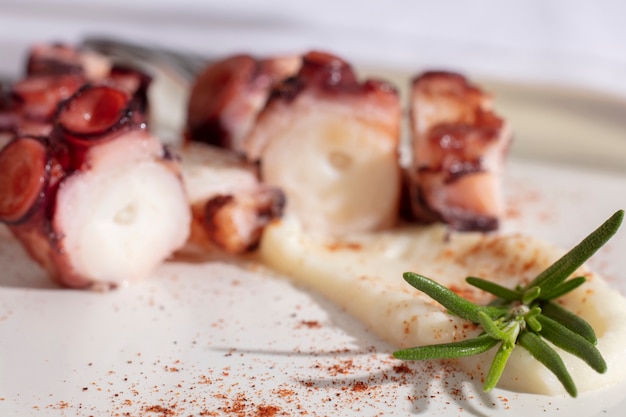
First things first, you need to understand your octopus. Forget the intimidating image of a rubbery monster lurking in the depths. Instead, think of it as a fascinating creature with the potential to reward you with a truly delightful meal.
Choosing Your Octopus: A Guide to Freshness
Fresh is always best, and if you're lucky enough to have a good fishmonger nearby, that's where you want to go. Look for an octopus that's vibrant in colour, with firm, plump flesh. It should have a sweet, briny smell, and feel heavy for its size. Steer clear of anything that looks dull or has a fishy odour.
Don't worry if a local fishmonger isn't readily available. You can find frozen octopus in most supermarkets. Just make sure it's flash frozen, not filled with ice crystals, which can compromise the texture.
Preparing Your Octopus: A Step-by-Step Guide
Once you've got your octopus, it's time to prep it. This involves cleaning, removing the beak, and potentially removing the skin. It's a bit of a process, but it's worth it for the delicious results.
Start by rinsing the octopus under cold running water. Then, tackle the beak – that hard, pointed thing at the bottom of the head. Use a sharp knife to carefully cut it off. Now, you can remove the skin if you prefer a softer texture. It's easier than it sounds – simply pull the skin off with your fingers.
Once your octopus is clean and prepped, you're ready to cook it!
Part 2: The Art of Tenderizing: A Journey to Softness

Here's the secret to delicious octopus: it needs to be tenderized. This crucial step ensures a melt-in-your-mouth texture.
Tenderizing Techniques: Unleashing the Softness
There are a few tried-and-true methods to make your octopus tender. I've experimented with these, and here are the ones that have stood out to me:
- The Traditional Method: This involves pounding the octopus with a mallet or using a rolling pin. It's a classic technique that works well, but it can be a bit messy.
- The Salt Method: This is simple and effective. Sprinkle salt generously over the octopus and let it sit for a few hours. The salt draws out moisture, making the octopus more tender.
- The Marinade Method: A more flavorful approach to tenderizing. Marinate your octopus in olive oil, lemon juice, garlic, and herbs for several hours.
Experiment with different methods to find your favourite. And remember, using high-quality olive oil makes a huge difference in flavour!
Part 3: Cooking Your Octopus: Exploring the Possibilities
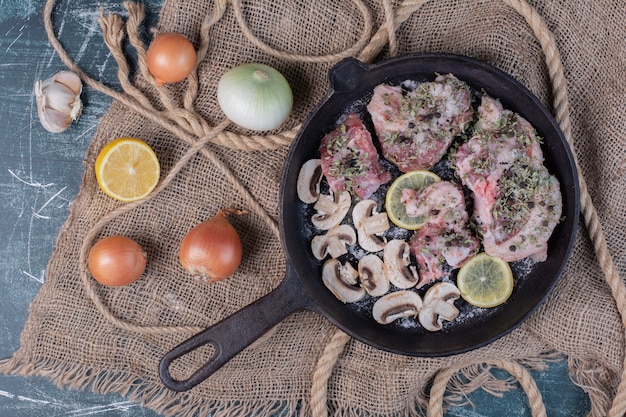
Now for the fun part: cooking your octopus! There are so many different ways to cook octopus, so let's explore some of the most popular methods.
Boiling: Simplicity and Versatility
Boiling is the simplest and most straightforward method. It's perfect for beginners and for preparing octopus that's suitable for salads or other dishes.
To boil octopus, fill a large pot with salted water and bring it to a boil. Add the octopus and cook for about 20-30 minutes, or until it's tender. To check if it's done, insert a skewer into the thickest part of the octopus. If it goes in easily, it's ready.
Grilling: Adding a Smoky Kiss
Grilling offers a delicious smoky flavour. Tenderize your octopus using your preferred method, then grill it over medium heat for about 10-15 minutes per side, or until it's cooked through. Don't forget to brush it with olive oil and season it with salt and pepper before grilling.
Baking: Gentle Cooking for a Tender Outcome
Baking octopus is a gentler approach that yields a tender and flavourful result. Preheat your oven to 350°F (175°C). Place the octopus in a baking dish with some olive oil, lemon juice, garlic, and herbs. Bake for about 1 hour, or until it's cooked through.
slow cooking: The Ultimate Tenderness
Slow cooking is perfect for achieving an incredibly tender and flavourful octopus. Place the octopus in a slow cooker with some broth, wine, vegetables, and spices. Cook on low for 6-8 hours, or until it's incredibly tender.
Remember, each method has its own advantages, so choose one that suits your preferences and the occasion.
Part 4: Serving Your Octopus: A Culinary Showcase
Now, the fun part – serving your culinary masterpiece! This is where you can unleash your creativity and make your octopus the star of the show.
Classic Octopus Dishes: Timeless Delights
Here are some classic octopus dishes that are always a hit:
- Octopus Salad: A refreshing and flavourful dish, perfect for summer. Simply combine cooked octopus with chopped tomatoes, onions, olives, capers, and a lemon vinaigrette.
- Octopus Stew: Hearty and comforting, ideal for a cold day. Simmer cooked octopus with potatoes, carrots, tomatoes, and onions in a flavorful broth.
- Octopus Paella: A Spanish classic that brings together rice, seafood, and vegetables. Add cooked octopus to your paella for a delicious and satisfying meal.
Modern Octopus Dishes: A Twist on Tradition
If you're looking for something a bit more modern, consider these dishes:
- Grilled Octopus with chimichurri sauce: The smoky flavour of the grilled octopus perfectly complements the bright and tangy chimichurri sauce.
- Octopus Carpaccio: Thinly sliced octopus served with olive oil, lemon juice, and herbs. This elegant appetizer is a real crowd-pleaser.
- Octopus Tacos: Fun and flavourful, this street food-inspired dish is sure to be a hit. Fill tortillas with cooked octopus, salsa, and your favourite toppings.
With so many options, the only limit is your imagination!
Part 5: Troubleshooting Your Octopus: Conquering Kitchen Challenges
Let's be honest, sometimes things don't go as planned in the kitchen. Here's a helpful guide to tackle common octopus cooking problems.
Octopus is Tough: Restoring Tenderness
This is a common issue, usually caused by not cooking the octopus long enough. To fix it, simply cook the octopus for a longer period of time. If it's still tough after an hour, consider using a pressure cooker or a slow cooker to break down those tough fibers.
Octopus is Dry: Retaining Moisture
This often happens when the octopus has been overcooked. To prevent dryness, make sure you don't cook the octopus for too long. You can also add some liquid to the cooking pot to keep the octopus moist.
Octopus Has a Strong Fishy Taste: Eliminating Unwanted Flavors
This typically indicates that the octopus wasn't fresh or wasn't cleaned properly. Always use fresh, high-quality octopus. You can also soak the octopus in milk for 30 minutes to help remove any strong fishy flavours.
Octopus Has a Rubbery Texture: Achieving the Right Consistency
This is often due to overcooking or not tenderizing the octopus properly. Make sure you tenderize the octopus before cooking and avoid overcooking.
Part 6: Octopus cooking tips and Tricks: Mastering the Art
Here are a few more tips and tricks to help you create octopus masterpieces:
Tips for Tenderizing: Boosting Softness
For even more tenderness, add a little baking soda to the water when boiling the octopus. Baking soda helps break down tough proteins.
Tips for Cooking: Ensuring Even Cooking
Don't overcrowd the pot when cooking octopus. It needs room to cook evenly. And don't forget to season your octopus with salt and pepper.
Tips for Serving: Presenting a Perfect Dish
Let the octopus cool slightly before slicing it. This makes it easier to cut and prevents it from falling apart.
Part 7: Octopus: A nutritional powerhouse: The Health Benefits
Octopus is a nutritional powerhouse, packed with protein, vitamins, and minerals. It's low in calories and fat, and it's a great source of omega-3 fatty acids.
Octopus Nutrition Facts: A Breakdown
| Nutrient | Amount per 100g |
|---|---|
| Calories | 130 |
| Protein | 20g |
| Fat | 2g |
| Carbohydrates | 0g |
| Sodium | 80mg |
| Potassium | 300mg |
| Iron | 2mg |
| Vitamin B12 | 1 mcg |
As you can see, octopus is a healthy and delicious choice!
Part 8: Octopus in Different Cultures: A Global culinary adventure
Octopus is a popular ingredient in many cultures around the world. Let's explore some of its diverse culinary traditions.
Mediterranean: Classic Flavors
In Mediterranean cuisine, octopus is often grilled, braised, or served in salads. It's a staple ingredient in dishes like Greek salad, Spanish paella, and Italian insalata di polpo.
Asian: A Wide Range of Styles
Octopus is a popular ingredient in Japanese, Korean, and Chinese cuisine. It's often grilled, stir-fried, or served in soups. In Japan, it's known as "tako" and is a popular ingredient in sushi and sashimi.
South America: Bold and Flavorful Dishes
In South America, octopus is often served in stews, ceviche, and grilled dishes. In Peru, it's a key ingredient in ceviche de pulpo.
Octopus is a truly global food, celebrated for its unique flavour and versatility.
FAQs: Your Octopus Cooking Questions Answered
Here are some common questions about cooking octopus:
- How do I know if octopus is cooked? Check the texture. It should be firm and slightly springy. You can also insert a skewer into the thickest part. If it goes in easily, it's done.
- What is the best way to store octopus? You can store octopus in the refrigerator for up to 3 days. Wrap it in plastic wrap or place it in a sealed container. You can also freeze it for up to 3 months.
- What are some other uses for octopus? Octopus is a versatile ingredient. It's delicious in salads, soups, stews, and stir-fries. You can also use it in pasta dishes, tacos, and sandwiches.
- Can I cook octopus in the microwave? It's not recommended. Microwaving octopus can result in uneven cooking and a rubbery texture.
- Is it safe to eat raw octopus? It's not recommended. Raw octopus can contain parasites that can make you sick.
I hope this guide has helped you understand the world of octopus cooking. Go on, give it a try! You might just discover a new culinary favourite.
Everyone is watching
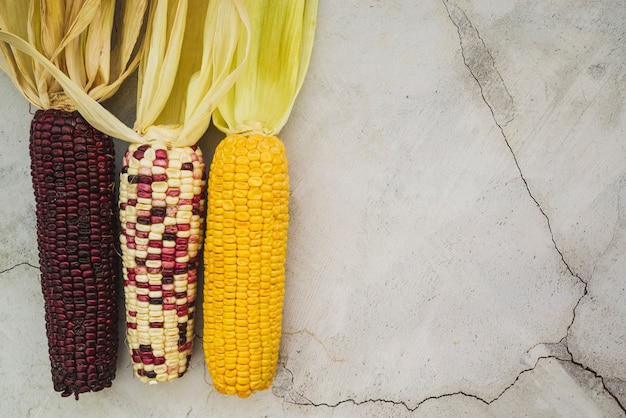
Corn on the Cob: The Ultimate Guide to Perfectly Cooked Ears
Healthy MealsAh, corn on the cob. Just the name evokes images of sunny days, barbecues, and that sweet, juicy flavour that ...
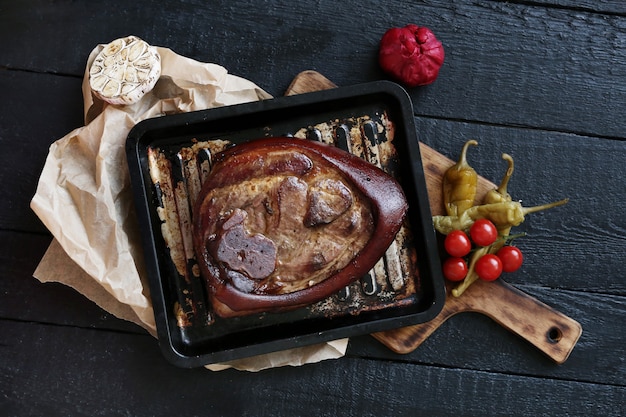
Perfect Pork Roast Oven Cooking Time: A Guide to Delicious Results
Healthy MealsThere's something truly satisfying about a perfectly roasted pork. The aroma alone is enough to make your mout...
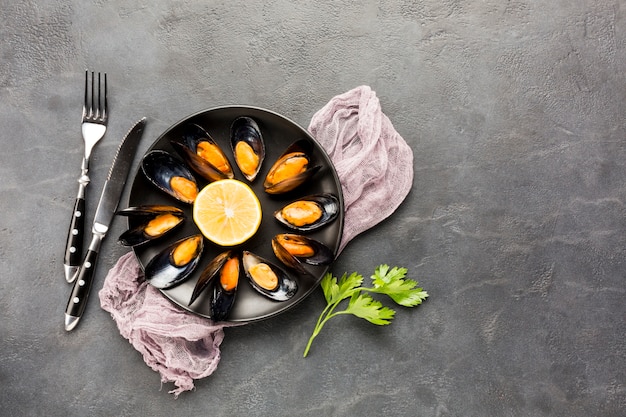
Scallops: The Ultimate Guide to Perfect Cooking
Healthy MealsAh, scallops. Those delicate, sweet, and utterly delicious morsels of the sea. They hold a special place in my...
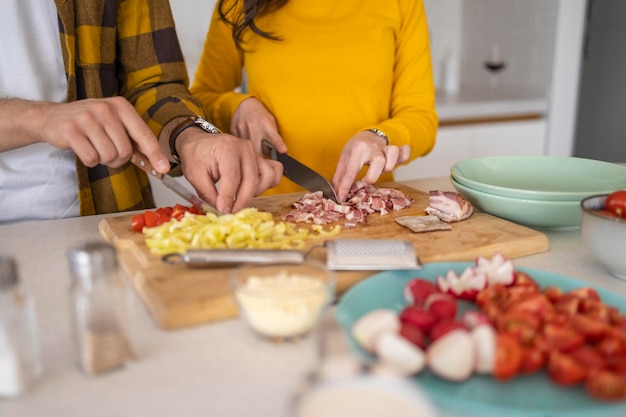
Ham Cooking Time: How Long to Bake, Smoke, or Boil a Delicious Ham
Healthy MealsAh, ham. It's a classic, isn't it? A real crowd-pleaser, especially around holidays. And when done right, it'...
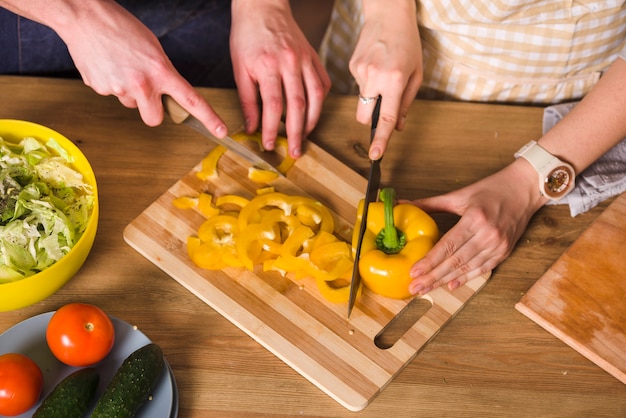
Spaghetti Squash: The Ultimate Guide to Cooking and Serving
Healthy MealsRemember that time you saw spaghetti squash at the supermarket, looking all bumpy and strange, and thought, "W...
